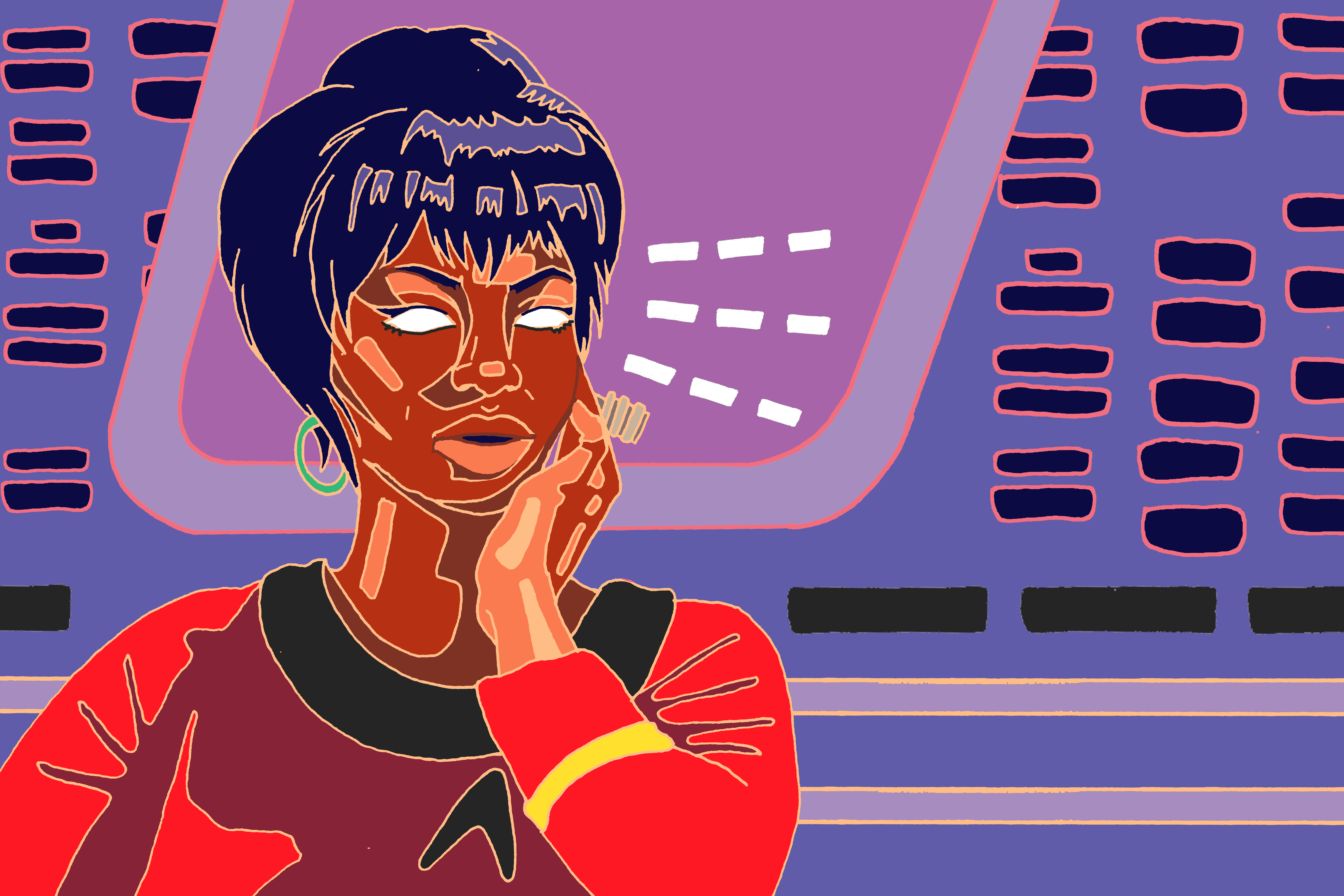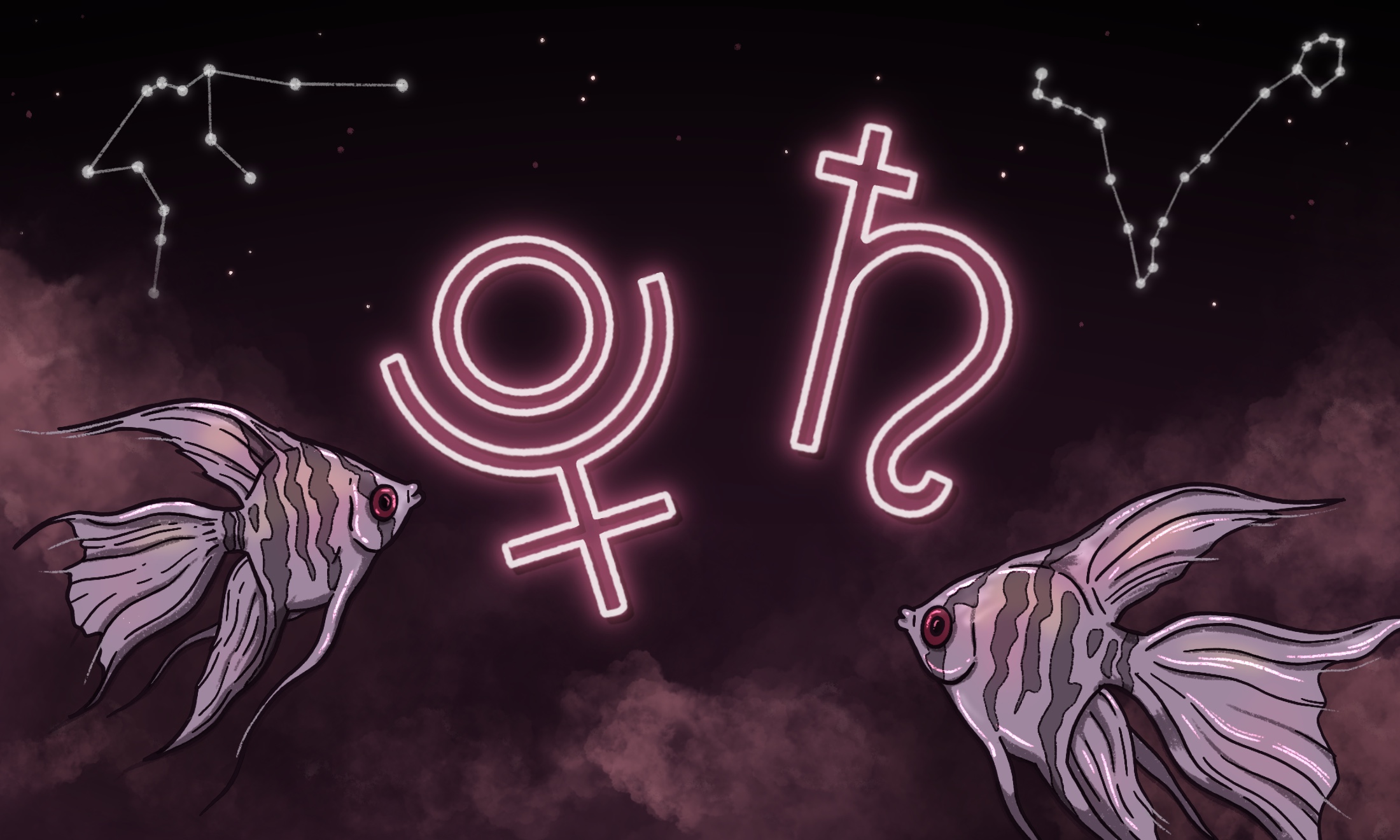
Lt. Commander Data: ” I came to the conclusion that it would be easier to shut myself down…”
Lt. Commander La Forge: “So what did you do?”
Lt. Commander Data: ” I decided against the procedure. I chose instead to treat the problems I was having as challenges to overcome, rather than obstacles to be avoided.”
Quite unashamedly, I call myself a Trekkie. I’ve had many benign debates with friends in the Star Wars tribe, celebrated the wonder that is the Marvel Universe and I generally partake in all-round geekery. But it’s the long running series, Star Trek, that has captured my attention in the most unusual of ways.
“Things were particularly hard during my early twenties, where I was living in excruciating existential dread”
I’ve dealt and lived with anxiety for a number of years as a residual result of debilitating depression. Some of the symptoms I was experiencing ranged from hyper-worrying, replaying situations over and over in my head, to panic attacks on a regular basis. Things were particularly hard during my early twenties, where I was living in excruciating existential dread.
Amidst the pain and darkness, I found solace in episodic television on convenience online streaming platforms such as Netflix, where the entire back catalogue of Star Trek happened to be available. Floods of memories came over me when I reminisced about watching episodes when I was a teen. Not only was it exceptional to see intelligent people of colour and powerful women on my screen, but I was also fascinated by the exploratory adventures the crew embarked on.
As I found more of an affinity with the Original and Next Generation series, I realised that this show, with all of the questionable prosthetics, became somewhat of a companion that forced me to rethink and rewire my negative and suicidal thoughts in a way that nothing else had.
“Aliens and androids aren’t foremost on people’s list of things they resonate with but if you look deep enough into Star Trek and start to pick it apart, there’s a world rich in honour and equality”
Aliens and androids aren’t foremost on people’s list of things they resonate with but if you look deep enough into Star Trek and start to pick it apart, there’s a world rich in honour and equality. This is mostly demonstrated by The Next Generation’s Lieutenant Commander Worf, who, even though he was adopted by human parents and is mostly assimilated to the human way of life, actively reconnects with his lost Klingon history by upholding ancient traditions, often with heartfelt vehemence. He stays true to his heritage and bears his home world’s sash as part of his Starfleet uniform. A constant reminder of his integrity and spirit in being dual heritage. When I was struggling with my identity within the tumultuous nature of existence, the idea of truth and structure in this way was, and still is, a comfort to me.
Here was a TV show that gave me vim vitae, strength and straight up forced me to ask positive questions about life. It was refreshing to feel a sense of dignity, something that depression took away from me. As Captain Picard said, “Inside you is the potential to make yourself better…and that is what it is to be human…”
“I turned to these moments in Star Trek to seek out hope for a better society”
A quote that’s always stuck with me can be found in one of the most important episodes in The Original Series, Plato’s Stepchildren. Captain Kirk and the rest of the landing party attempt to bring aid to a planet where a dictatorial alien physically enslaves them using innate psychokinetic abilities. A native servant with dwarfism, named Alexander, asks Kirk, “listen, where you come from, are there are lot of people without the power and my size?” and Kirk responds, “Alexander, where I come from, size, shape or color makes no difference. And nobody has the power.”
As corny as it sounds, Kirk’s assured clarity let me know that when the weight of the world greeted me and I heard terrible stories on the news, I turned to these moments in Star Trek to seek out hope for a better society.
Star Trek’s links to good mental health lies in the beauty of its characters. The Enterprise’s bridge, in its many forms, is predominantly led by a strong team, each with a clear and denoted rank and title. The crew are trusting in each others’ abilities, often seeking help or advice from one another when a potential threat occurs, which mostly leads to peaceful resolution. They’re open-minded and willing to make themselves vulnerable in new opportunities for discoveries, relinquishing ego.
“It’s a future where equality is the norm and the focus on acquisition of wealth and consumerism is not a driving personal force”
Take the android character, Data, for example. He is very much “othered” by various self-righteous humans during the entire course of his life on the Enterprise. But despite their adversarial scepticism, and his lack of understanding of humanistic nuances, such as humour, his unwavering curiosity and inquisitive interest in the human condition drives his need to remain sentient, or “alive”.
Creator Gene Roddenberry’s inimitable vision of the future is wholeheartedly utopian. It’s a future where today’s serious diseases are vanquished or can be cured with the brandishing of a light on the affected area. It’s a future where equality is the norm and the focus on acquisition of wealth and consumerism is not a driving personal force (except if you’re a ruthless yet comical Ferengi, of course). Some may say that ex-World War Two pilot Roddenberry was an idealist, but because he had seen so much destruction in those years, the ideals proved he was a survivor of social injustice; a pioneer and a creator way before his time.
The most important point of all for me, is that I feel undoubtedly safe identifying as a Trekkie. I take what I can from the shows’ values and strive to apply those levels of logic into my daily life. Star Trek has helped me to accept my idiosyncrasies, make more ethical decisions and forgive myself when things go wrong. It’s comforting to know that I have something, somewhere that can give me relief from this weird world.








